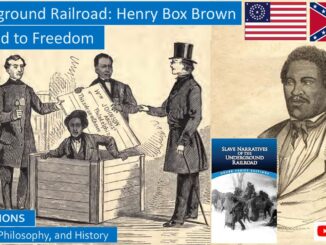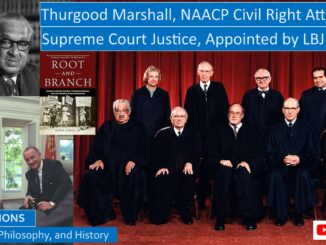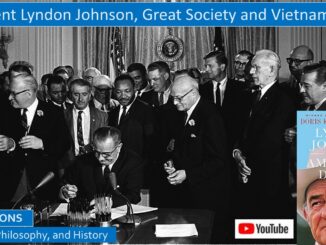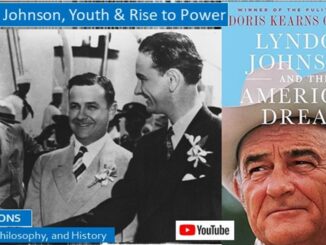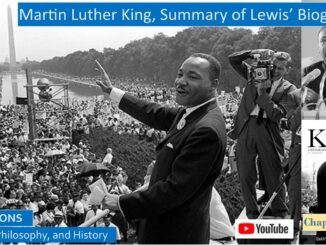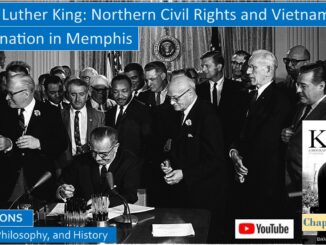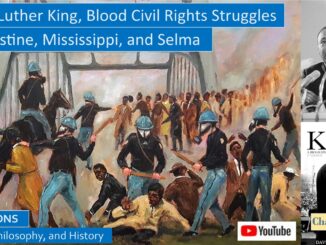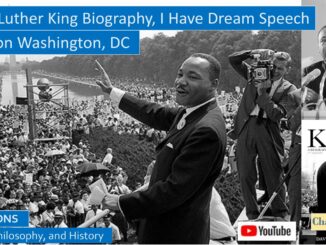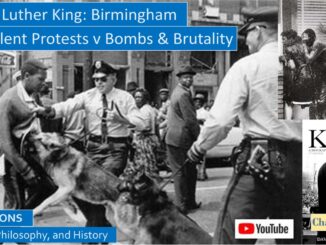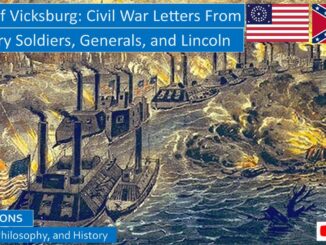
Siege of Vicksburg: Ordinary Union Soldiers and Generals Grant and Sherman Recount the Struggle
General Grant remembers: “The North had become very much discouraged. Many strong Union men believed that the war must prove a failure. The elections of 1862 had gone against the party which was for the prosecution of the war to save the Union if it took the last man and the last dollar. Voluntary enlistments had ceased through the greater part of the North, and the draft had been adopted to fill up the ranks. It was my judgment at the time that to make a backward movement from Vicksburg to Memphis, would be interpreted, by many of those yet full of hope for preservation of the Union, as a defeat, and that the draft would be resisted, desertions ensue, and the power to capture and punish deserters lost. There was nothing left to be done but to go forward to a decisive victory.” […]

